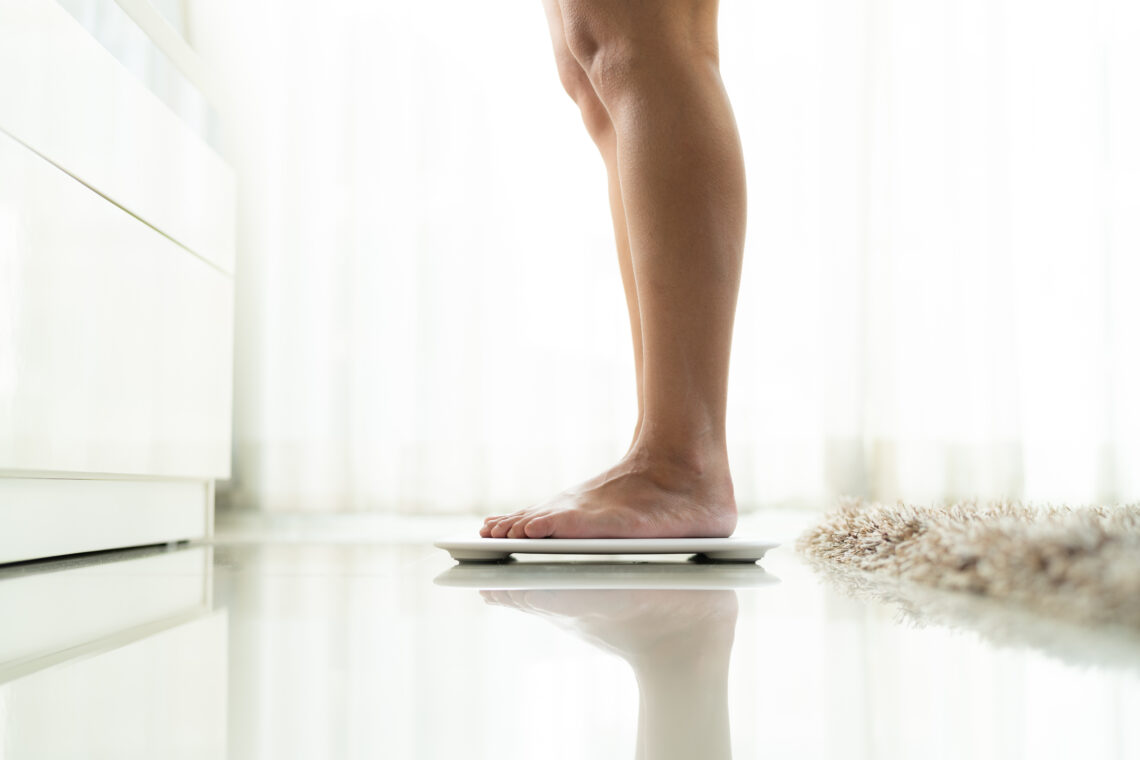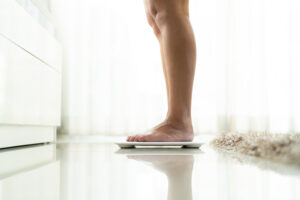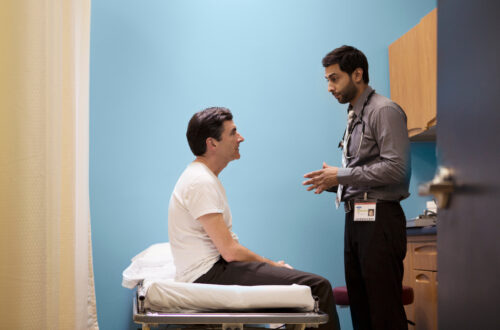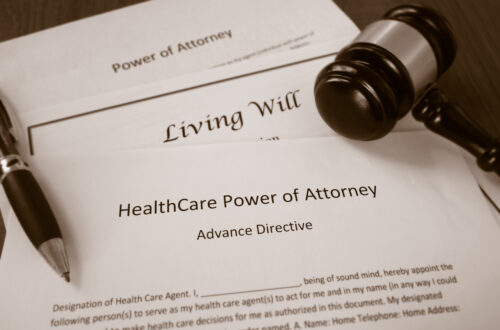
No, DON’T Take Laxatives to Lose Weight, Please
Another day, another bad health TikTok trend. This time, it’s using laxatives laxatives to lose weight instead of Ozempic. As of September 9, videos with the hashtag #GutTok have been viewed over 1 billion times. Many of these videos tout the use of Miralax (polyethylene glycol 3350) for weight loss. This unhealthy and dangerous trend has actually caused a laxative shortage in drug stores!
Please, please do NOT use laxatives – any kind – to lose weight. This is misinformation.
It’s unhealthy for your body to use laxatives when you don’t need them.
- It’s not an effective weight loss method.
- Using laxatives to lose weight can lead to an eating disorder that will affect you for the rest of your life.
There’s a ton of information online on how laxatives work, so I won’t go into that here, but I’m more concerned with people thinking it’s a good idea to use them for weight loss.
An easy way to lose weight loss?
 It may seem like an ideal and easy way to lose a few pounds. Take some stool softeners or laxatives and eliminate excess weight. But stool softeners and laxatives don’t do that. Sure, they help you eliminate the stool. But as you eliminate it, you don’t lose the fat or calories you imagine you are. Instead, you lose what you would normally – indigestible fiber and waste – but along with that, you lose vital water, electrolytes, and minerals. As soon as you drink and eat again, the “weight” returns.
It may seem like an ideal and easy way to lose a few pounds. Take some stool softeners or laxatives and eliminate excess weight. But stool softeners and laxatives don’t do that. Sure, they help you eliminate the stool. But as you eliminate it, you don’t lose the fat or calories you imagine you are. Instead, you lose what you would normally – indigestible fiber and waste – but along with that, you lose vital water, electrolytes, and minerals. As soon as you drink and eat again, the “weight” returns.
Excess laxative use could lead to your colon (bowel) becoming “lazy” and unable to move stool along on its own anymore, increasing the risk of constipation and the need for laxatives. Using too many laxatives can also cause dehydration, a drop in minerals, and electrolyte imbalances, like calcium, sodium, chloride, and potassium. These are essential for your muscle function and other vital body processes.
Signs of laxative overuse
The signs and symptoms of laxative overuse are related to how out of balance your minerals and electrolytes are. These are just a few of the most common things to watch for:
If your potassium is too low, called hypokalemia, you could experience:
- Muscle weakness
- Breakdown of the muscle tissue, called rhabdomyolysis
- Irregular heartbeat (arrhythmias)
- Sudden death
Low sodium (hyponatremia) could cause:
- Confusion
- Headaches
- Nausea, vomiting
- Seizures
- Coma
- Cardiorespiratory (heart and lung) collapse
Setting yourself up for an eating disorder?
If the health risks of using the laxatives aren’t serious enough, consider that overuse of laxatives can lead to serious eating disorders. In 2019, the Harvard T.H. Chan School of Public Health published an article reporting the findings of a 15-year study that looked at over 10,000 women and girls, between the ages of 14 and 36. The researchers found that women with no history of an eating disorder who used laxatives and diet pills to lose weight had a higher risk of developing an eating disorder within 1 to 3 years than women who didn’t use them.
The senior author, S. Bryn Austin, a professor in the Department of Social and Behavioral Sciences at Harvard Chan School and director of STRIPED (Strategic Training Initiative for the Prevention of Eating Disorders), is quoted as saying: “We’ve known that diet pills and laxatives when used for weight control can be very harmful substances,” she said. “Our findings parallel what we’ve known to be true with tobacco and alcohol: starting harmful substances can set young people on a path to worsening problems, including serious substance use disorder.”
Of course, there are many variables associated with developing an eating disorder; it’s never just one thing. It’s possible that the women who developed an eating disorder were already heading that way, and their use of laxatives was the tipping point. But the fact is, we don’t know who these susceptible people are. Someone who is unknowingly vulnerable may watch a TikTok video promoting this weight loss method and think, hey, this is a great idea! They may not realize that taking that laxative could start a dangerous health condition. So why take that chance when it’s an unhealthy and ineffective method to begin with?
Eating disorders are serious
According to NEDA (National Eating Disorders Association), almost 30 million people in the U.S. will have an eating disorder at some time in their life. Eating disorders can lead to serious health consequences and even lead to death.
You can visit their site to read about the common symptoms of eating disorders and they vary according to the type of disorder, but here are a few examples:
- Refusing or restricting certain foods
- Developing rituals associated with eating, such as how the food is supposed to be chewed, which foods can touch, etc.
- Refusing to or limiting opportunities to eat with other people present
- Excessive concern with body shape and size
- Excessive weight loss
- Dressing in bulky clothes to hide weight loss
- Feeling cold all the time
- Fatigue
If you are concerned that you may have an eating disorder, seek help. You can try this screening tool for people aged 13 and up. Speak with your doctor or other healthcare provider. If you can’t do that, try speaking with a trusted friend or family member.
If you are concerned about a friend or family member who you believe may have an eating disorder, visit NEDA’s How to Help a Loved One page.
Disclaimer
The information in this blog is provided as an information and educational resource only. It is not to be used or relied upon for diagnostic or treatment purposes.
The blog does not represent or guarantee that its information is applicable to a specific patient’s care or treatment. The educational content in this blog is not to be interpreted as medical advice from any of the authors or contributors. It is not to be used as a substitute for treatment or advice from a practicing physician or other healthcare professional.




